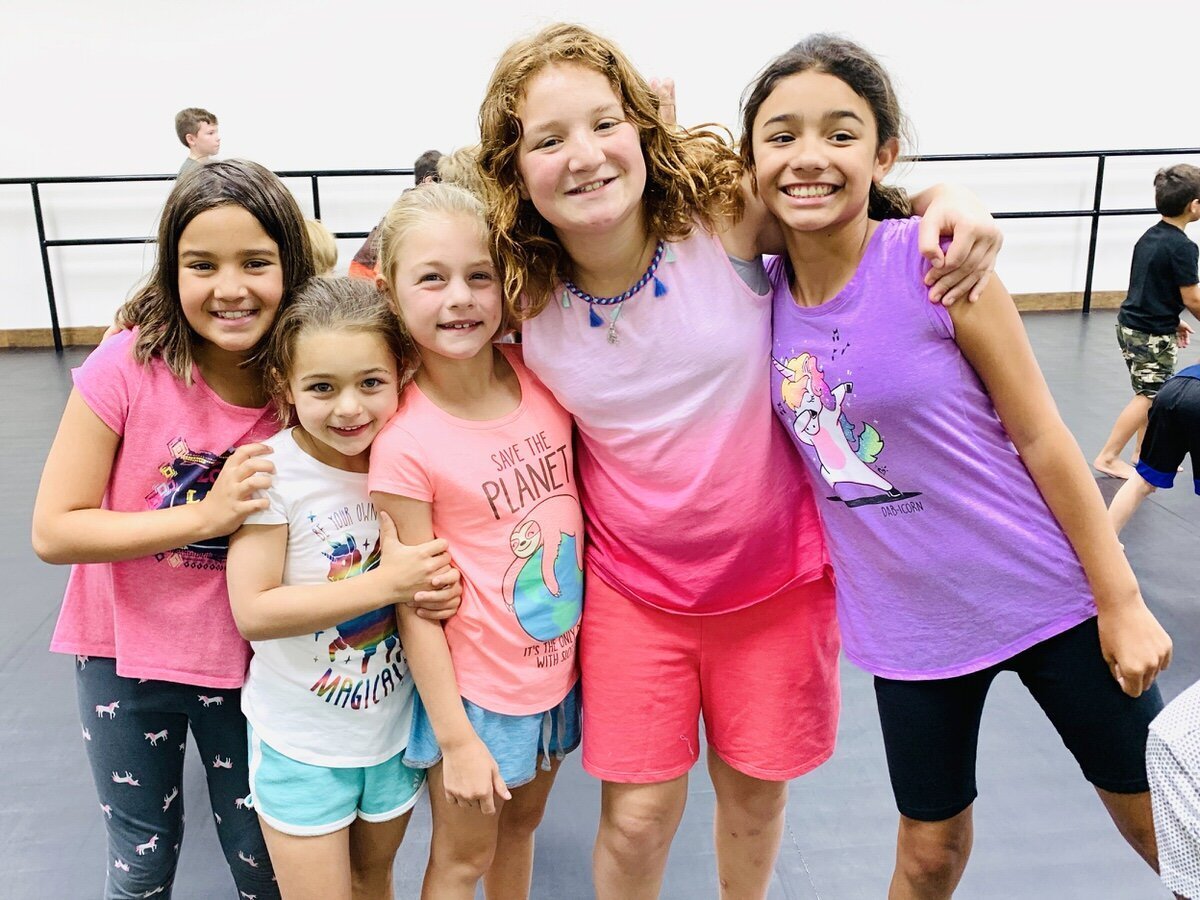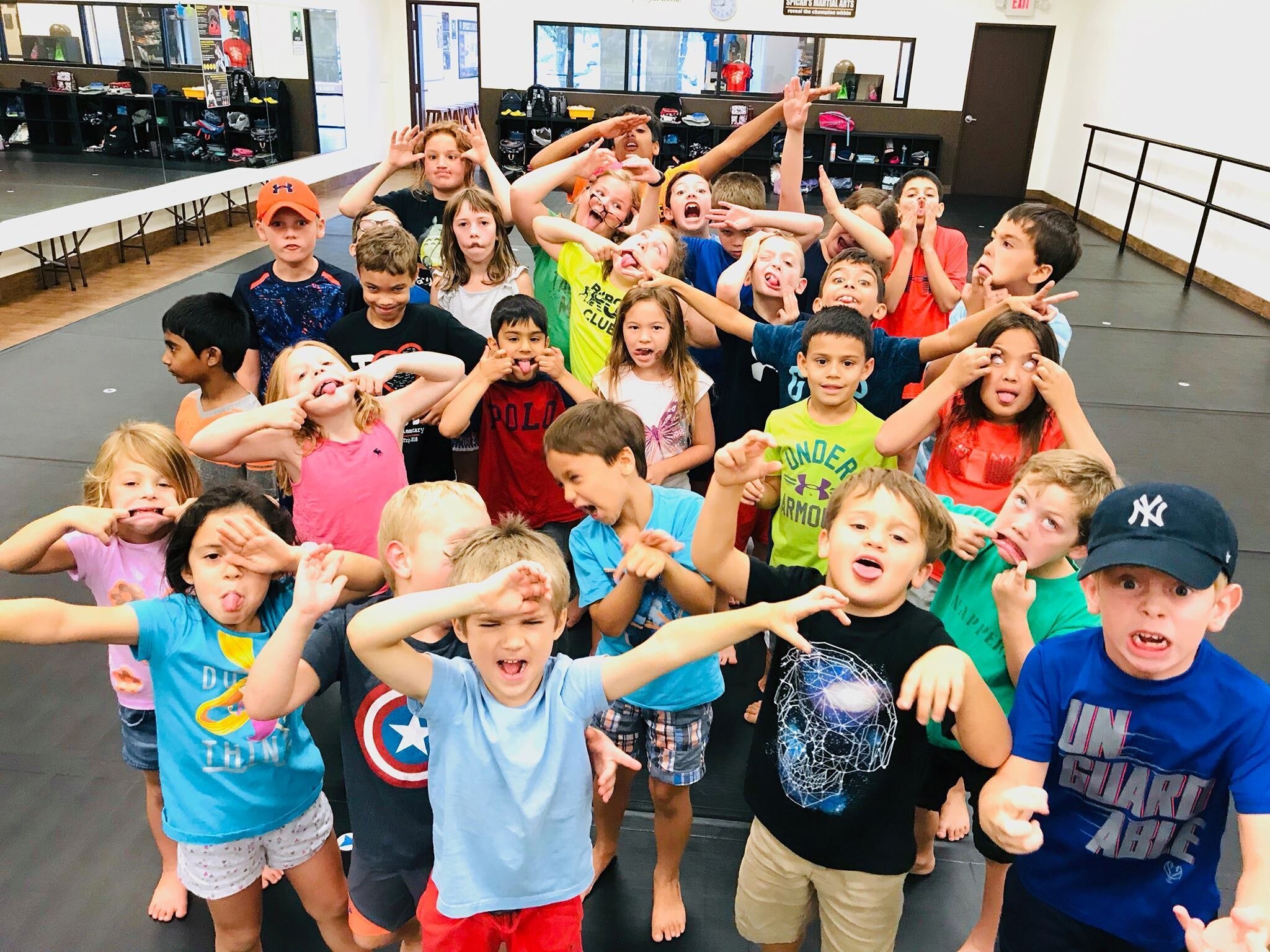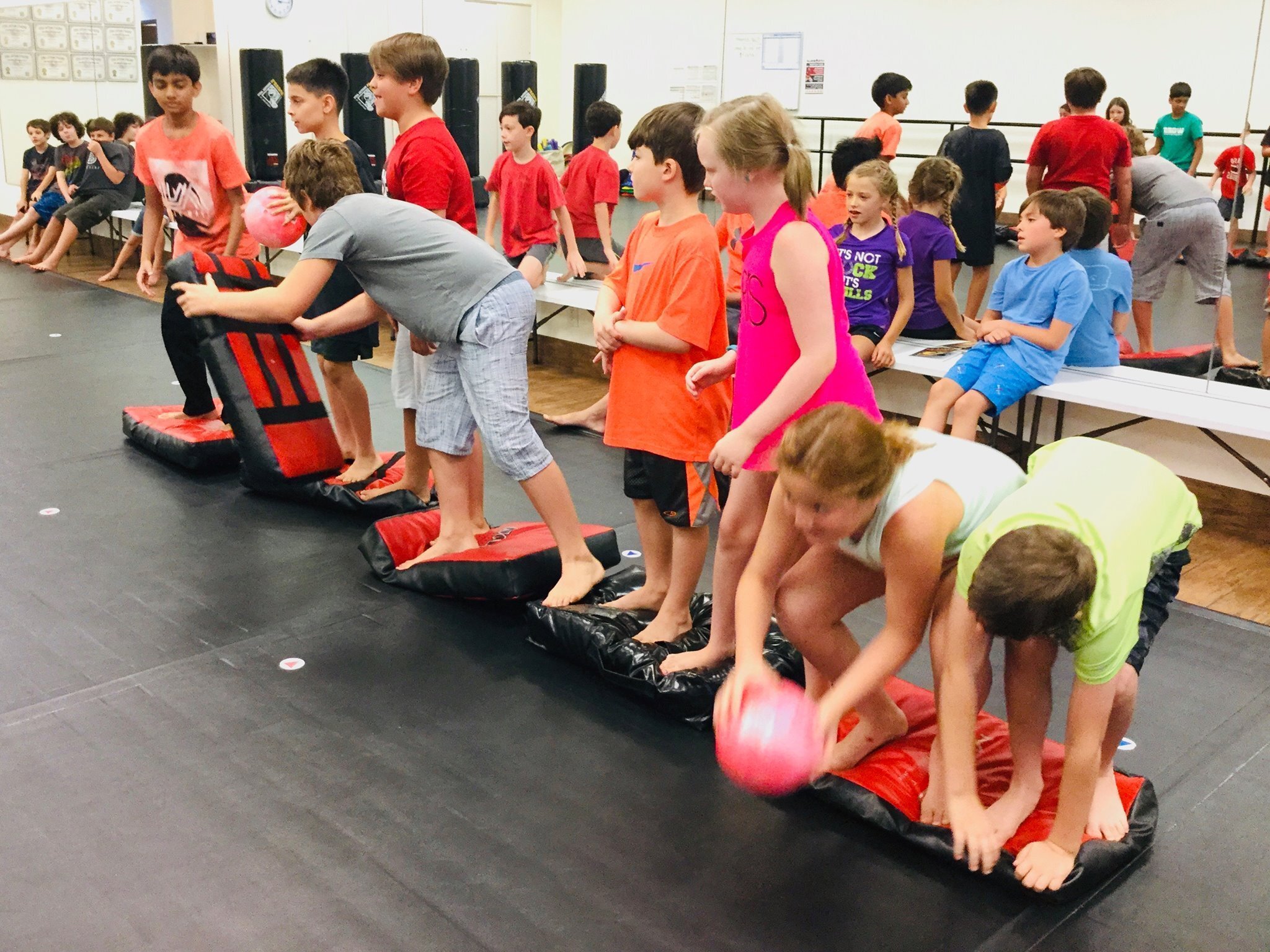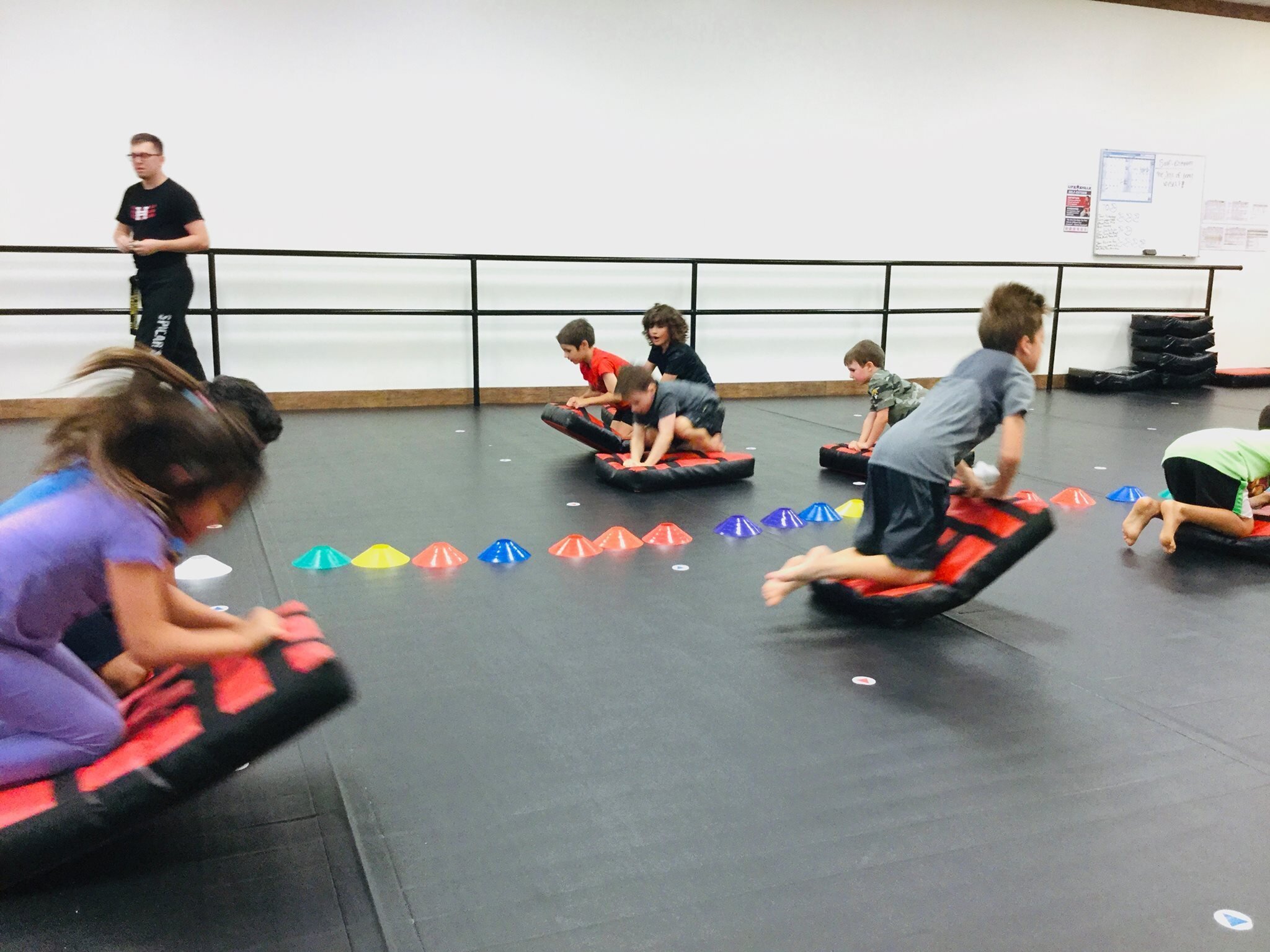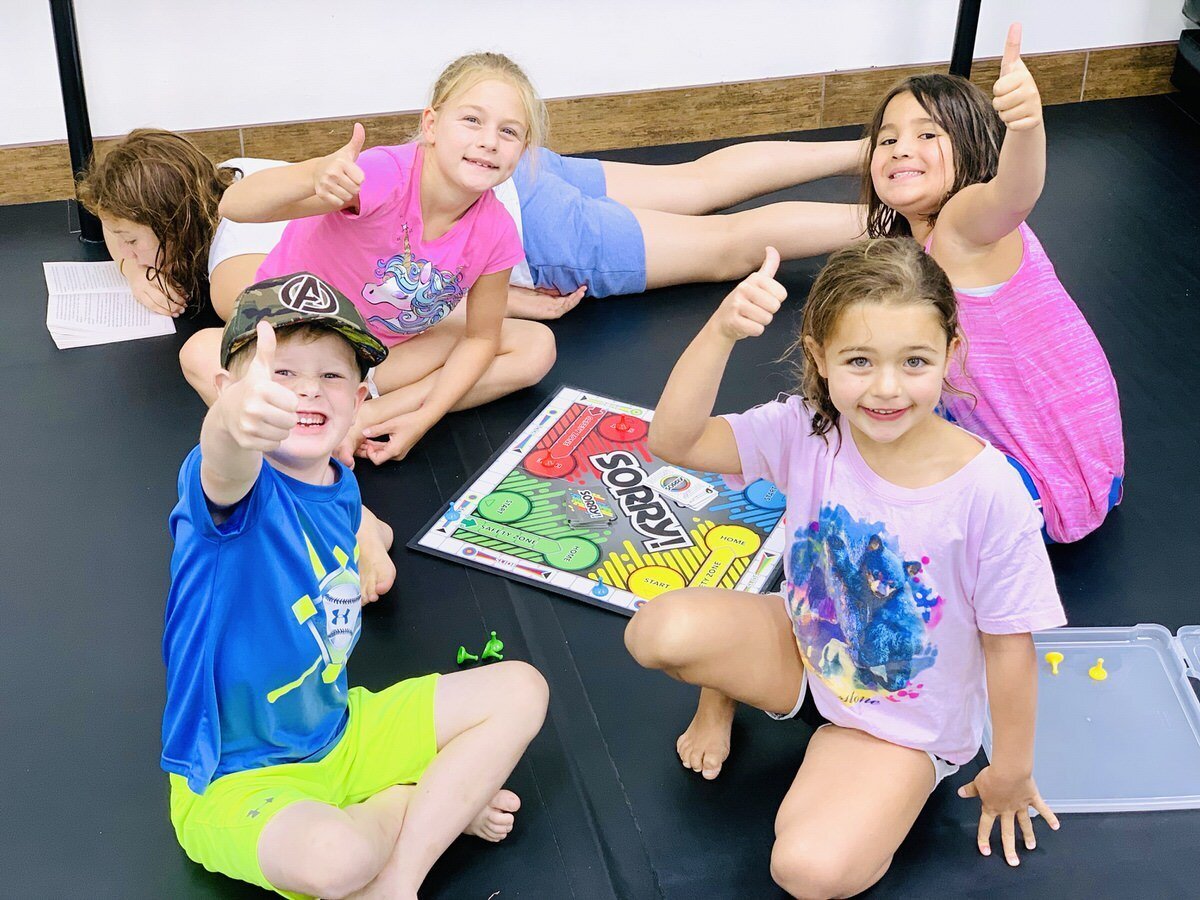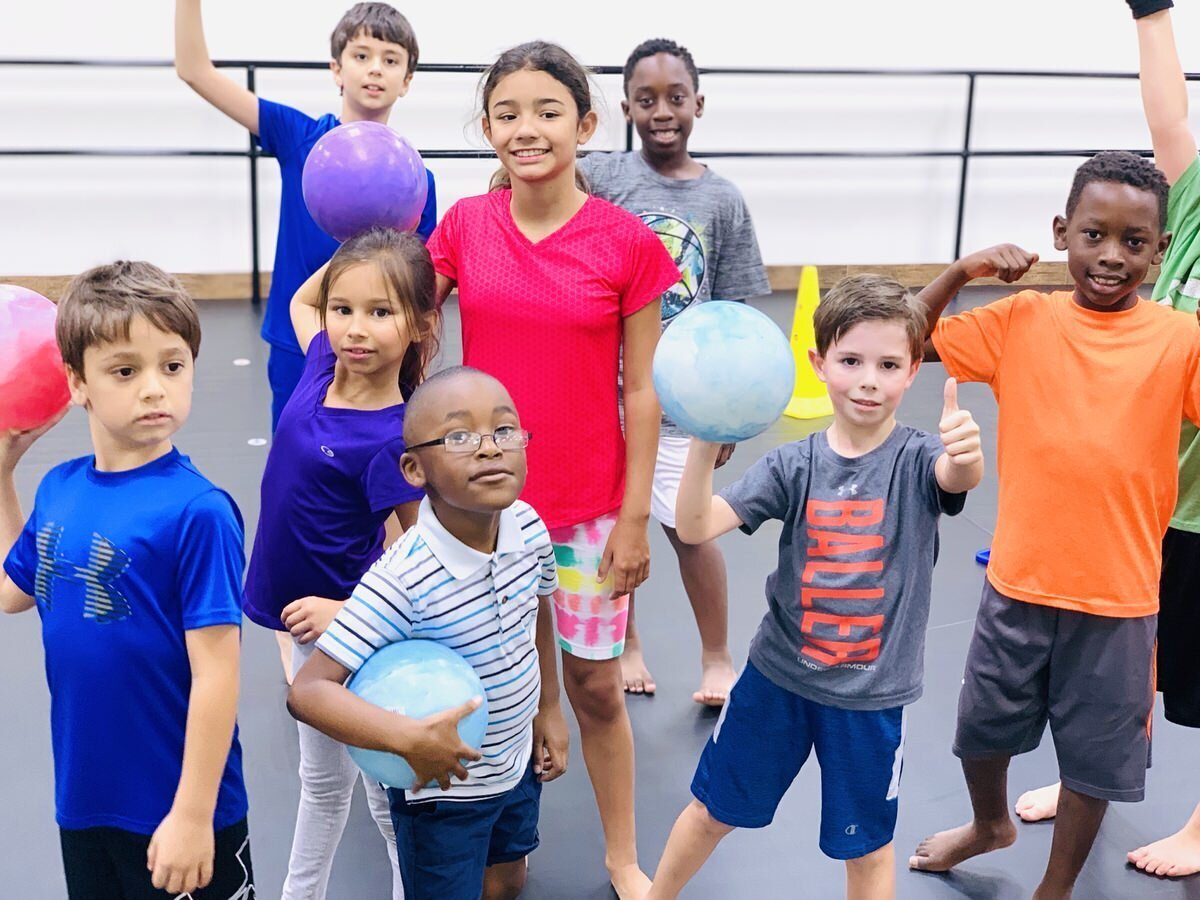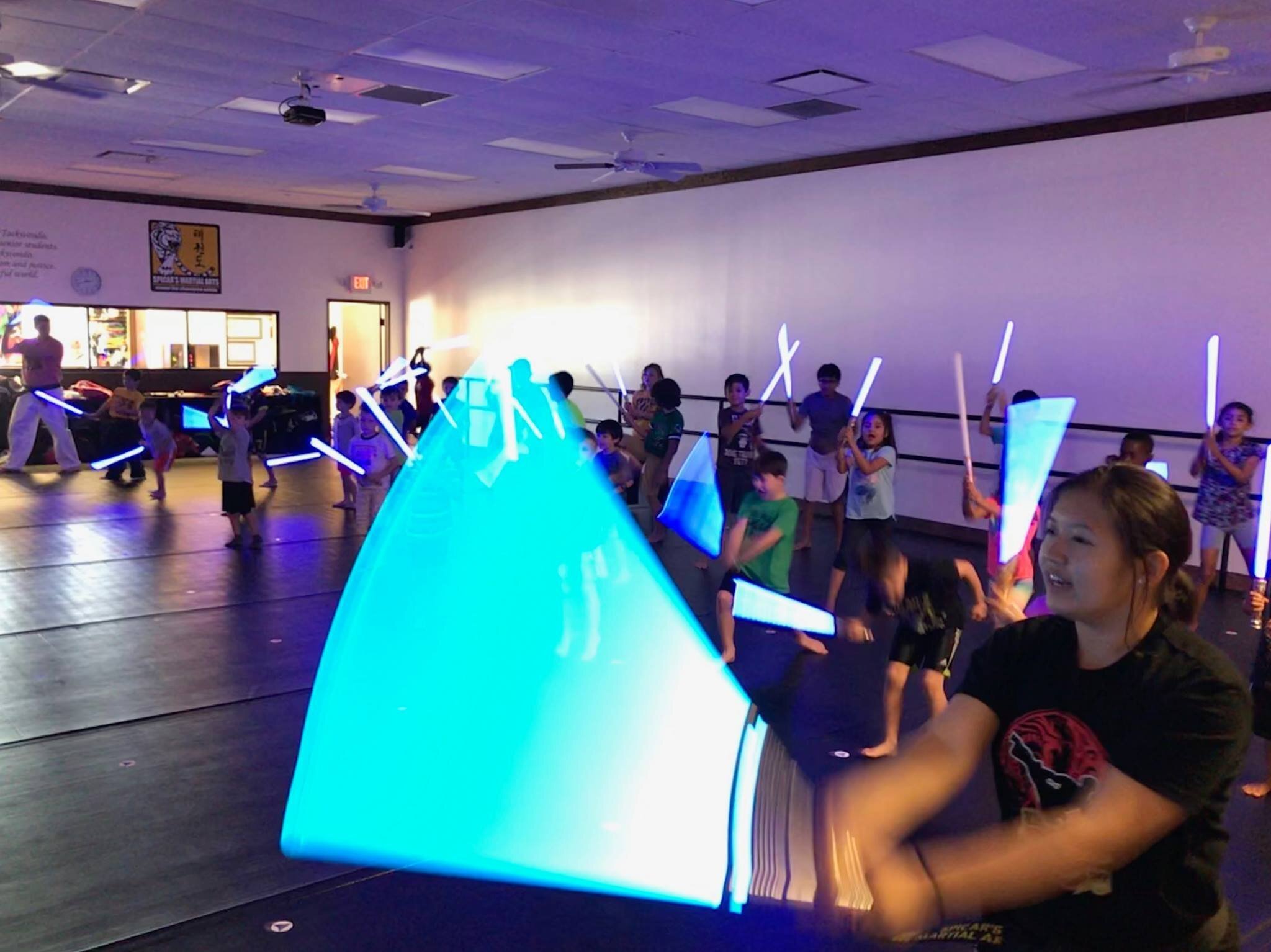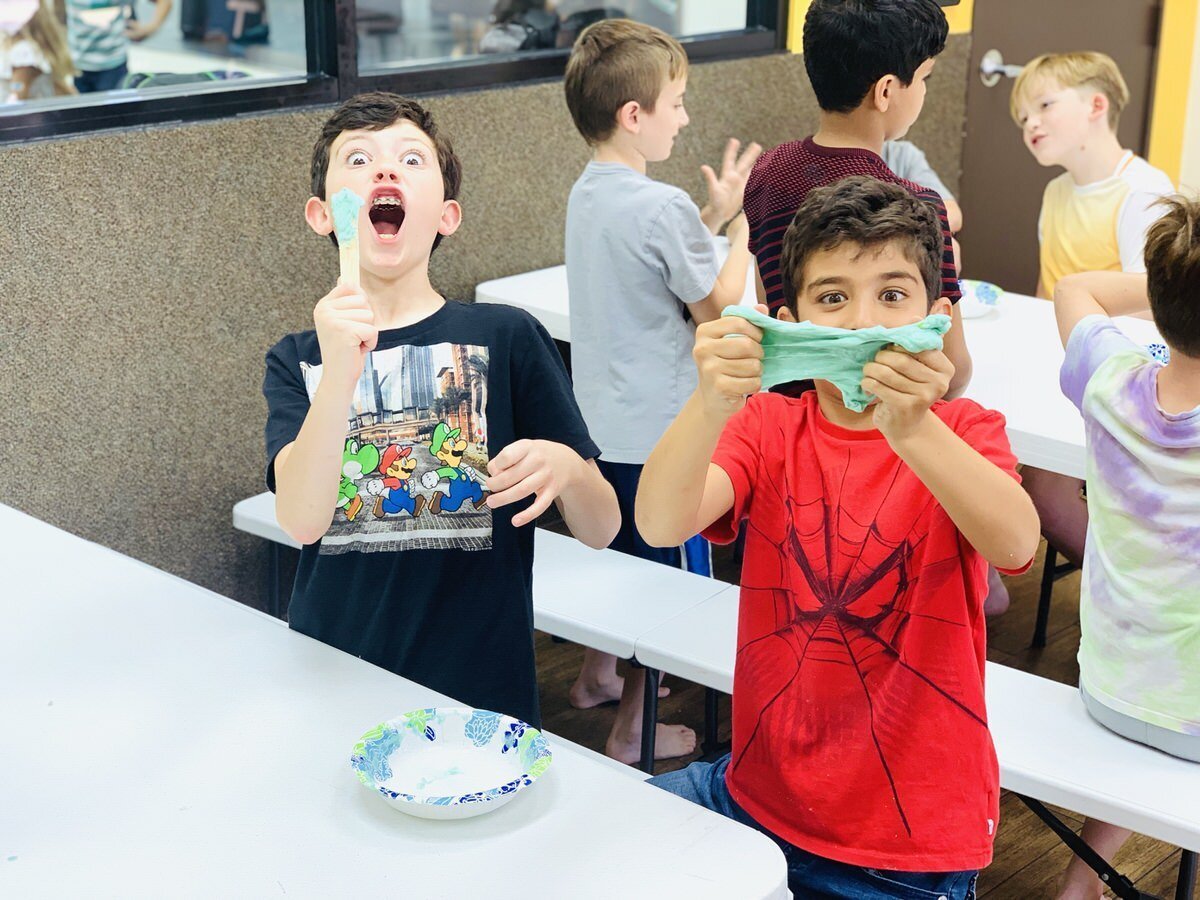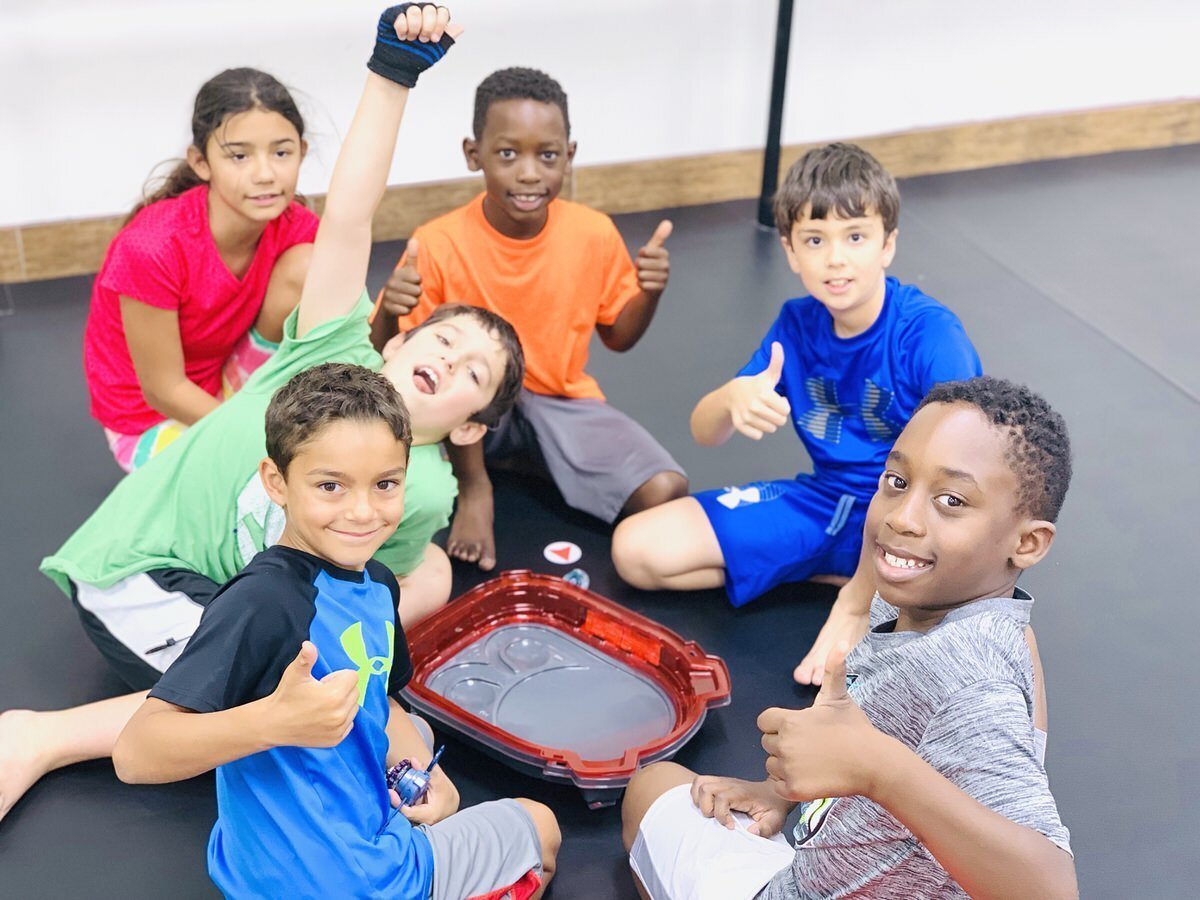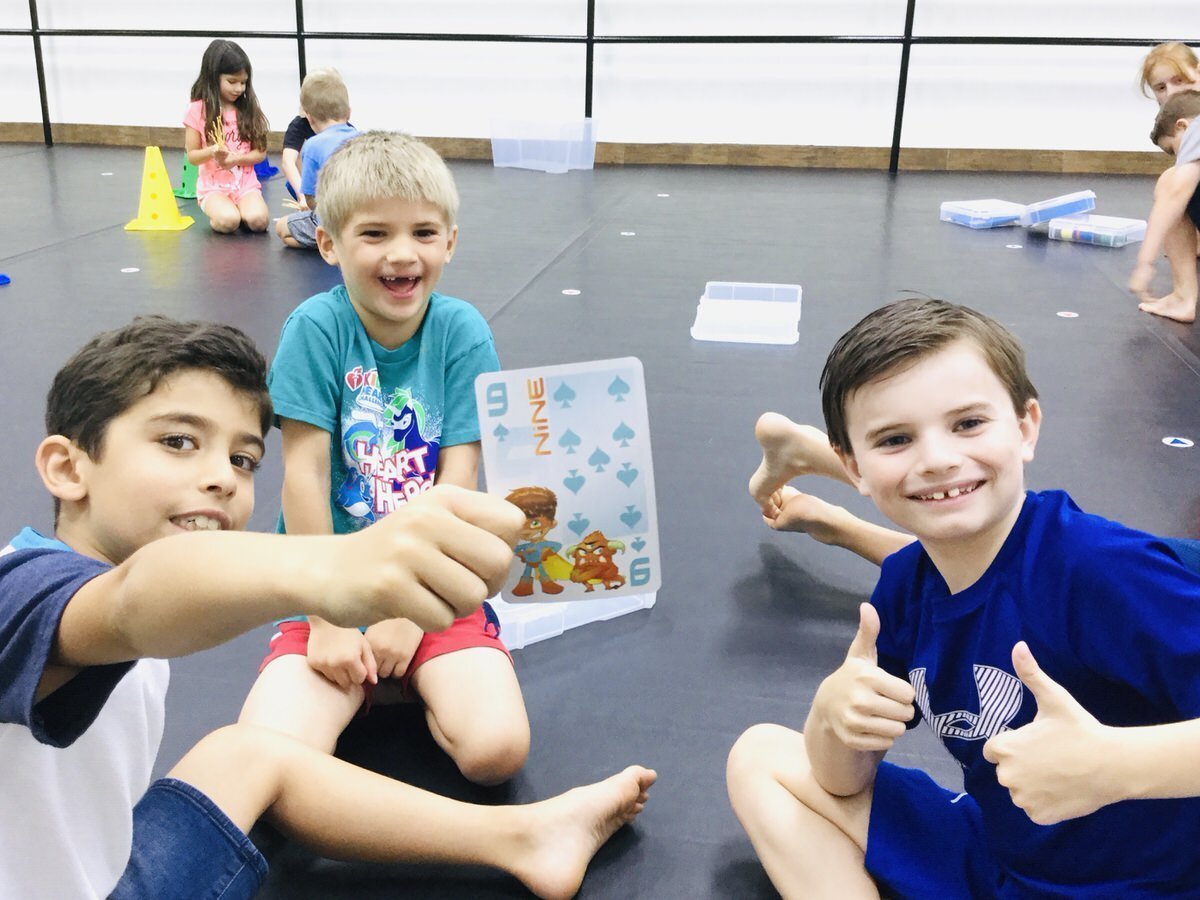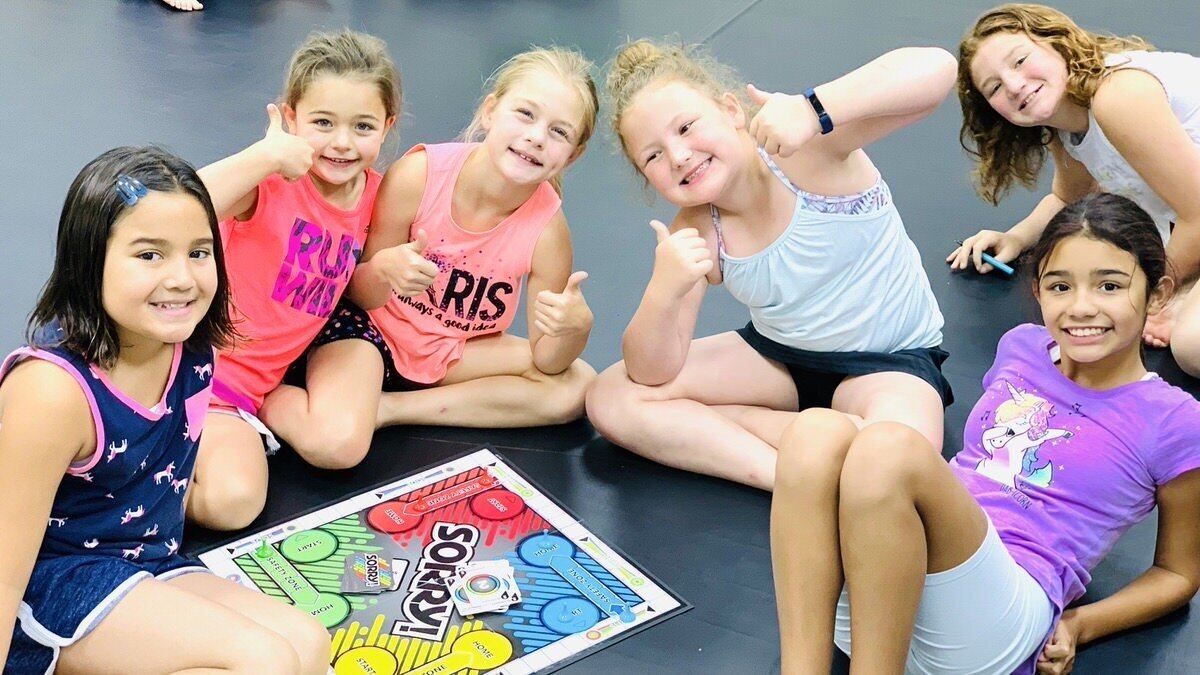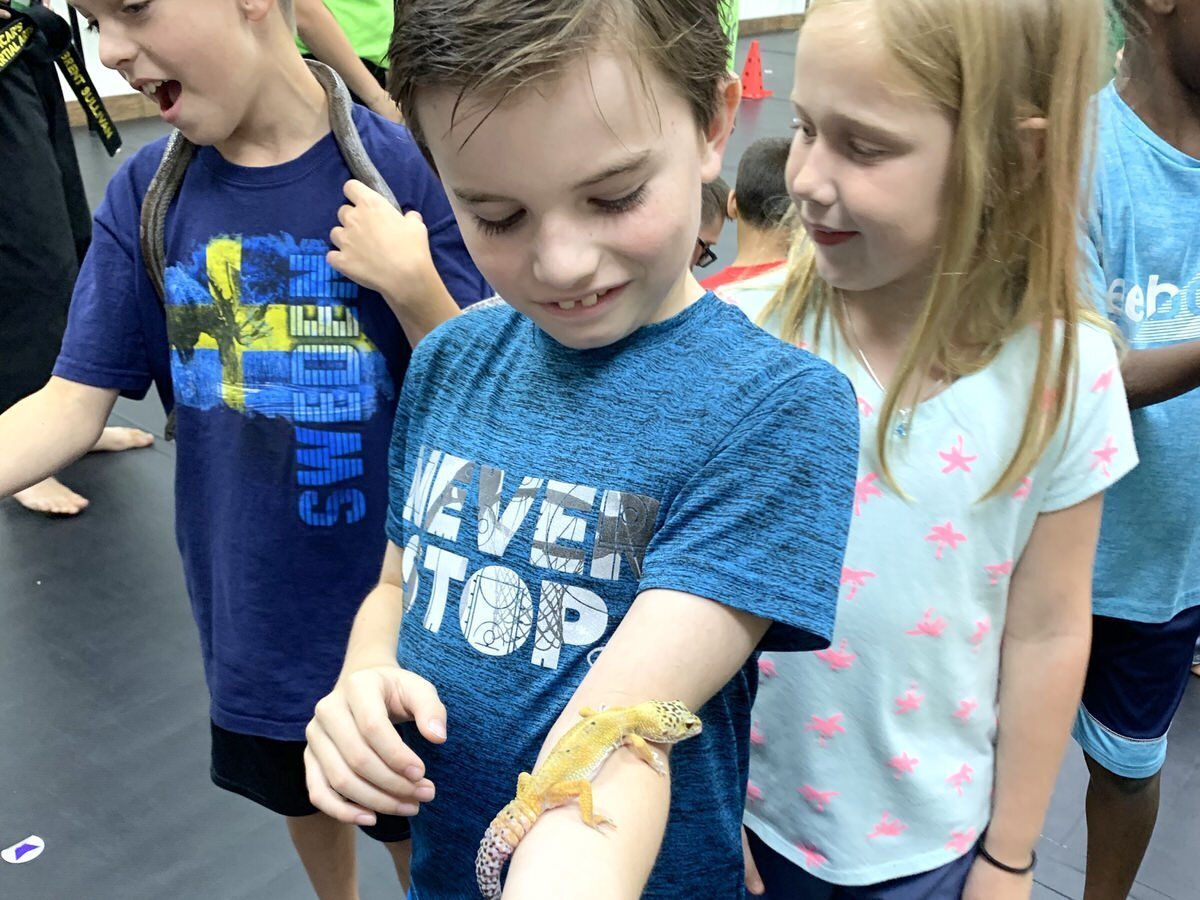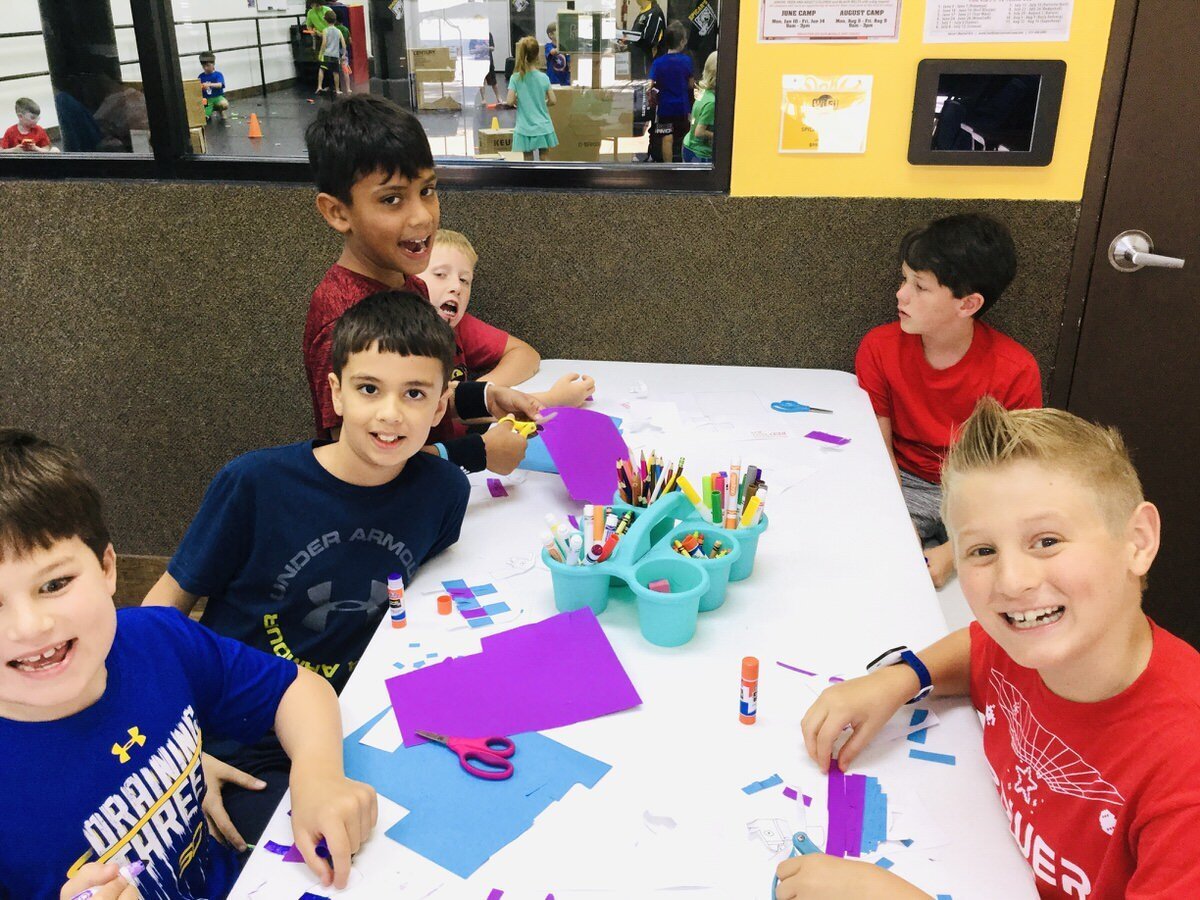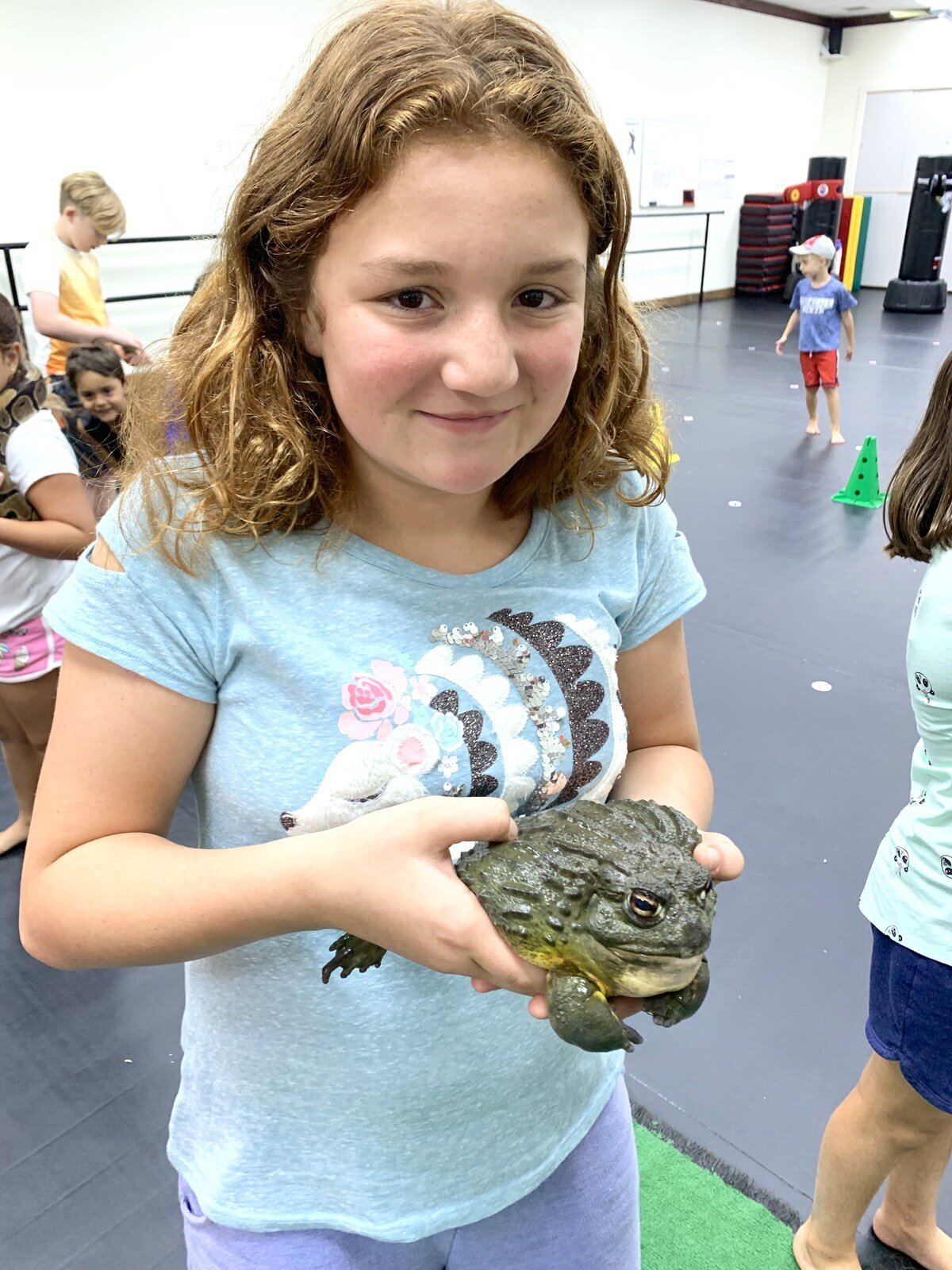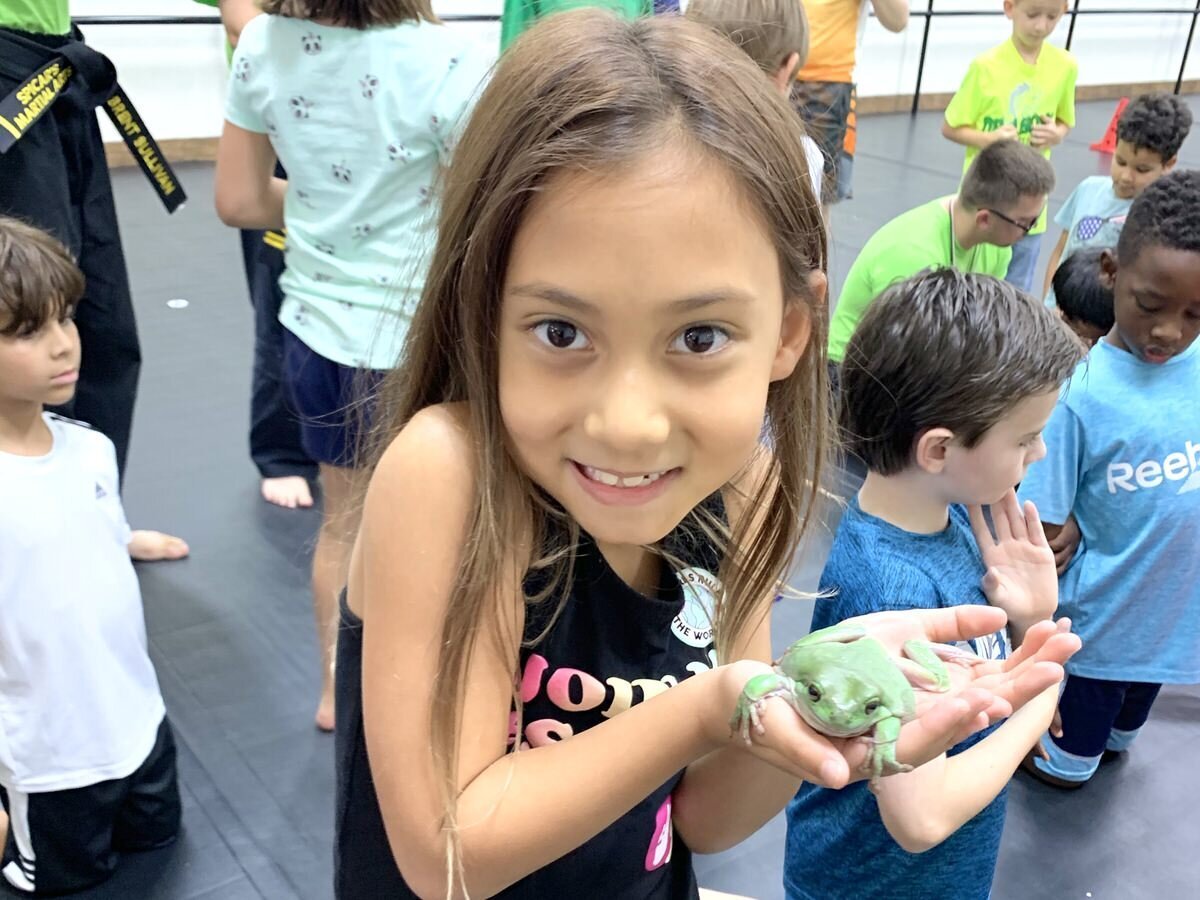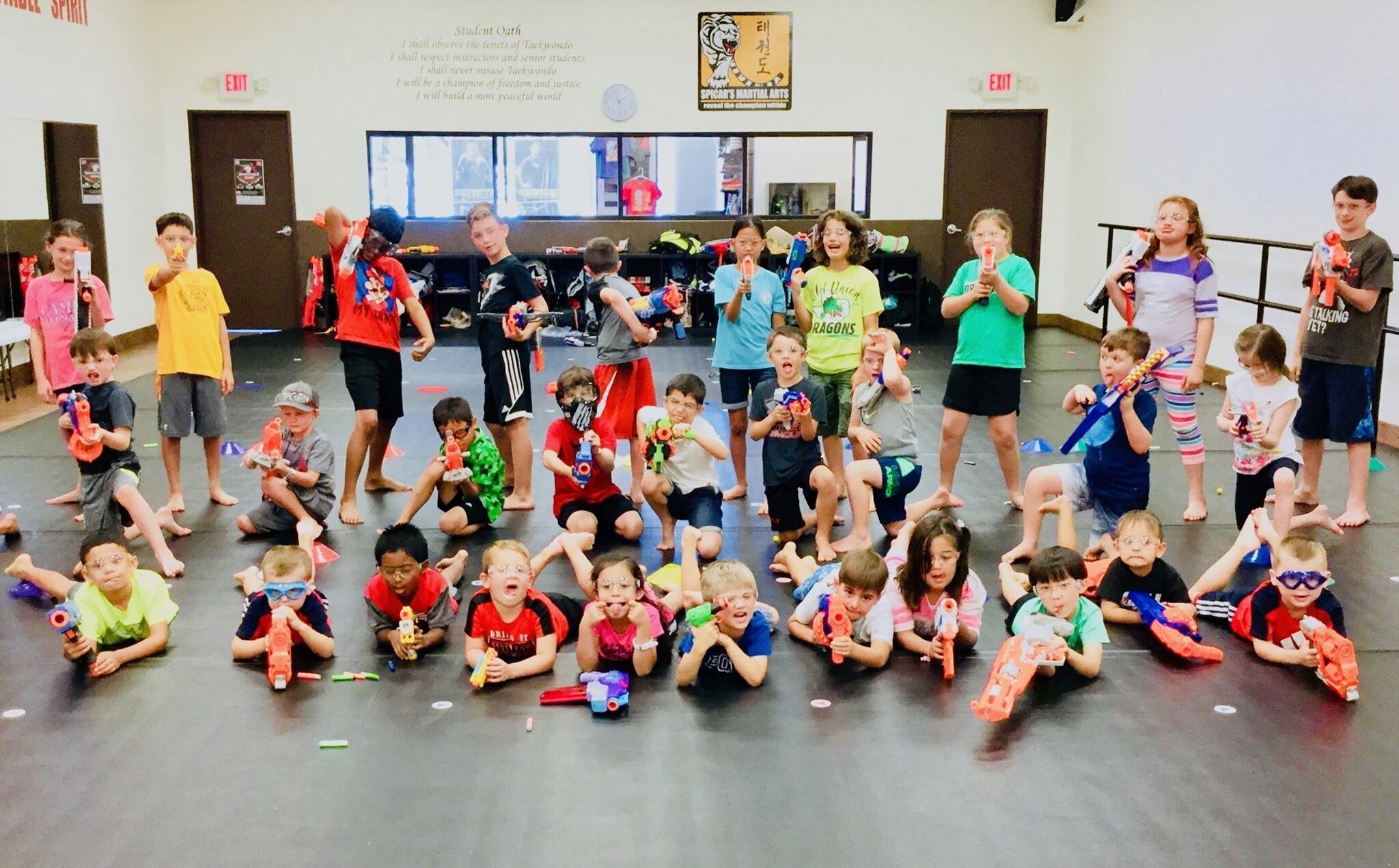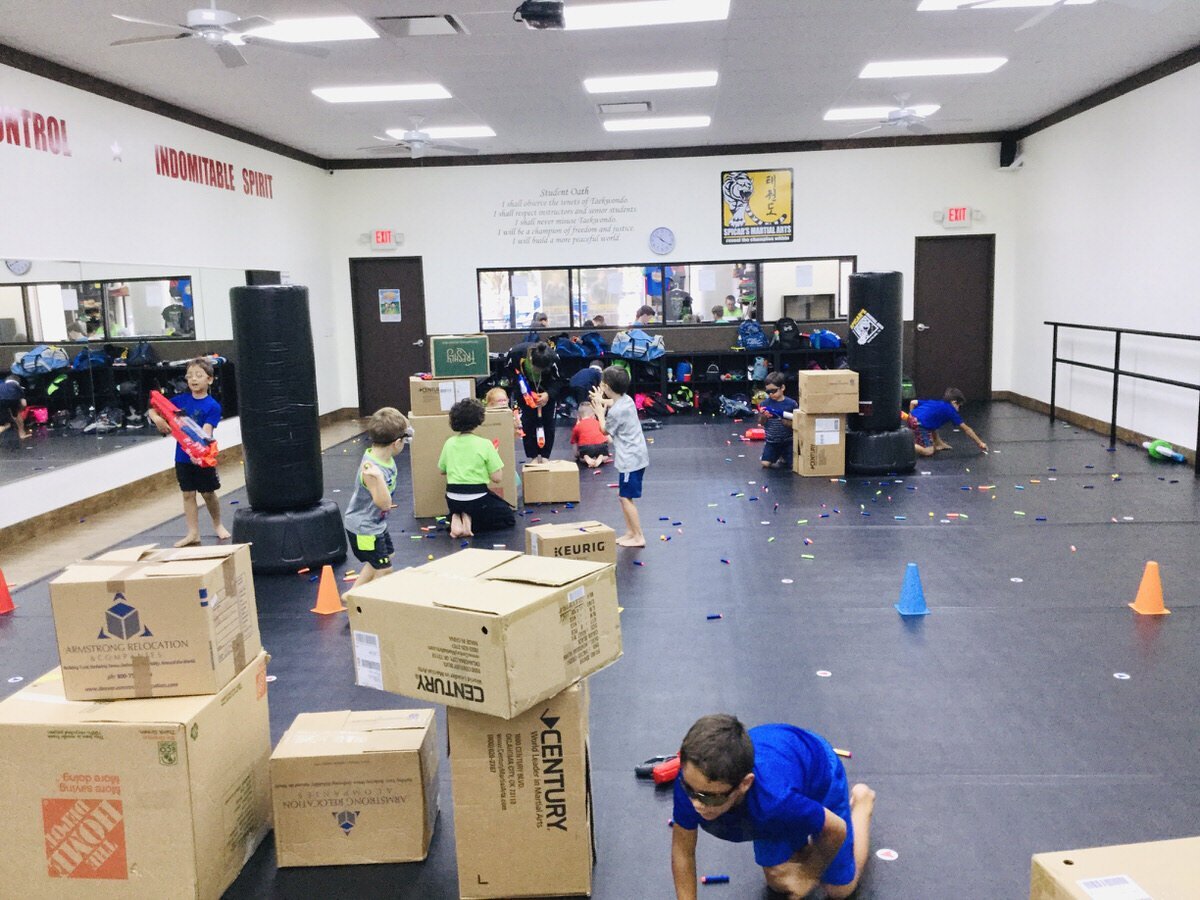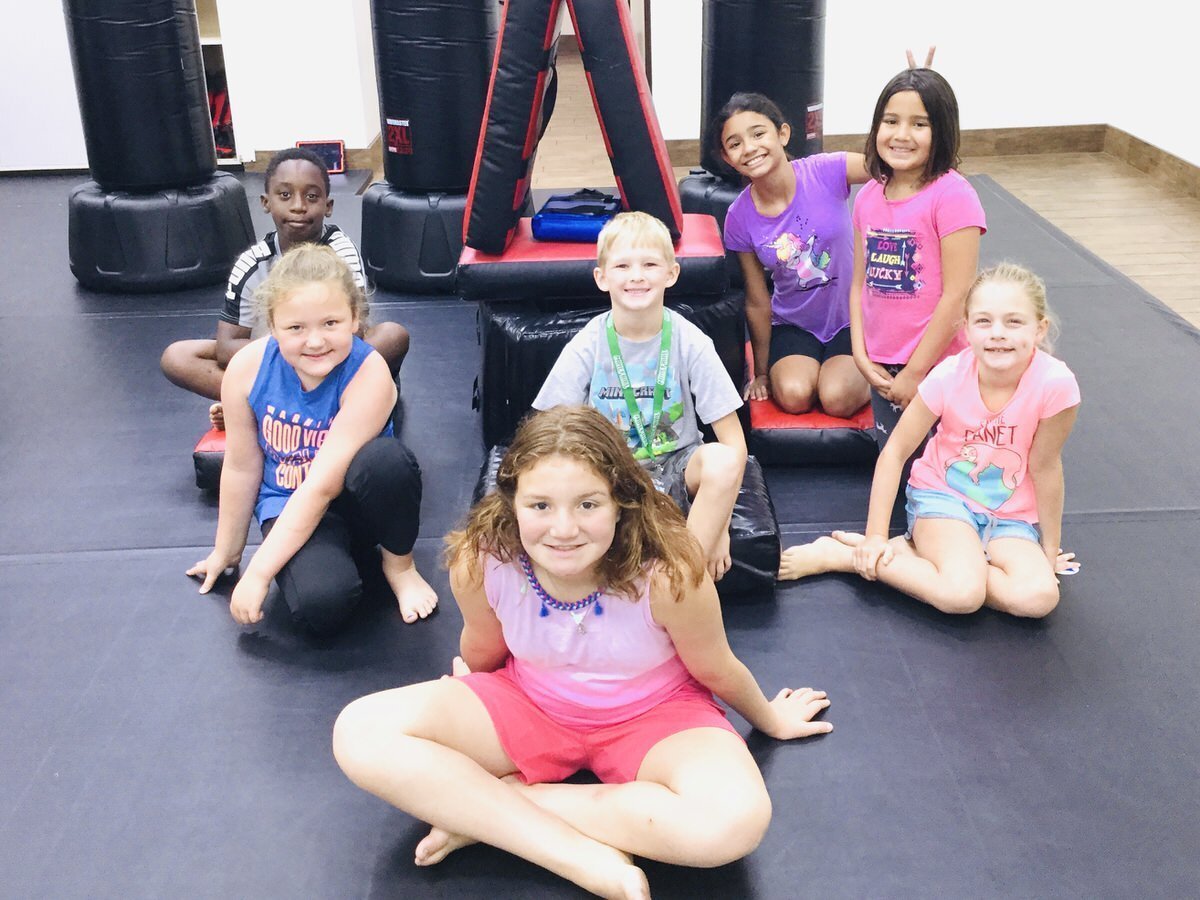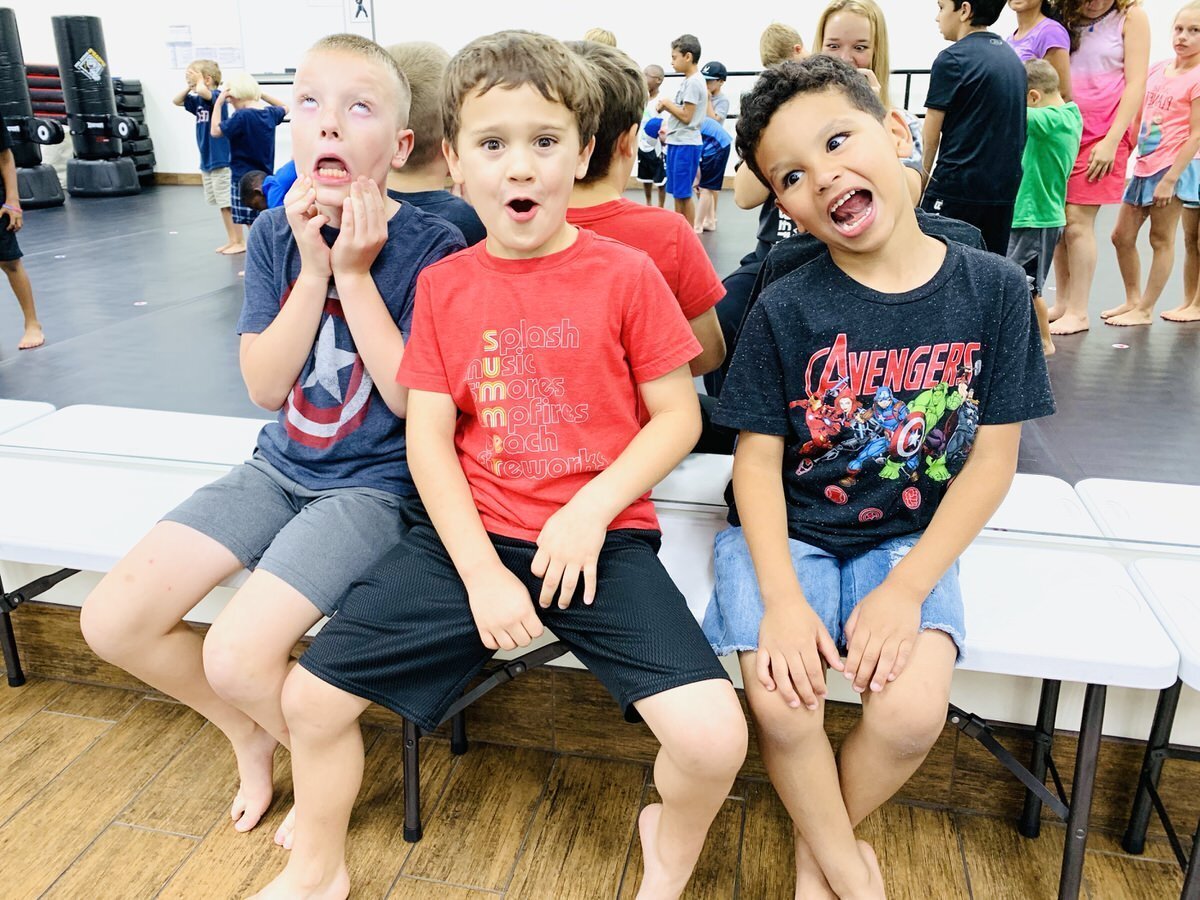7 Benefits of Summer Camps for Your Kids
Hey Southlake and Alliance parents,
If you are considering summer camp for your child, you may be wondering if it is the right fit for your child's personality. Perhaps your child has never spent much time away from you besides going to school, or maybe your child has special interests, and you are worried they will feel out of place at camp.
Although each child is a unique individual, we believe summer camp is beneficial for all kids. No matter what your child's interests are, camp helps children develop important social, emotional and cognitive skills. Best of all, children create memories that last a lifetime at camp.
To help you decide if summer camp is right for your child, we'll explain the benefits you can expect your child to gain as a result of summer camp, and why summer day camp matters. Before we begin, let's look at what a typical day at camp is like.
What Is It Like to Go to Summer Camp?
As adults, many people look back fondly on the days of summer camp. They remember the thrill of exciting games, new friends, fun adventures, or the carefree afternoons spent swimming under the summer sun. Camp became not just a way to pass summer break, but a vital part of who they are. At camp, children grow, explore and learn about themselves and the people and world around them, and they have fun throughout the entire process.
Although each camp offers a special variety of activities, all camps offer the opportunity to make friends, learn new skills and grow as a person. Why is summer camp important, and what are the benefits of summer camp for your kids? Here is our list of 7 benefits of our summer camps for youth.
1. Develops Lifelong Skills
During summer camps, children participate in a variety of group activities. For example, while participating in a sport like a volleyball or bowling, a child learns how to work on a team, communicate with other children and solve problems on their own.
A child will develop leadership skills, for instance, by guiding a team of other children through a challenging game. Or, a child will develop stronger communication skills when dividing up camp activities and crafts. All these skills are important in the real world and are nurtured in our summer camps.
Of course, children learn social skills in school as well. However, camp brings children together in an environment that encourages a greater sense of community and appreciation for individual differences, whereas school focuses mainly on academic achievement.
2. Promotes Independence
At camps, a child experiences time away from a parent. This independent time is important in helping children develop a sense of identity. Kids learn to become more self-reliant as they explore their interests and discover their strengths and weaknesses. They learn to trust their inner voice instead of depending on a parent or teacher to tell them what to do. Independence is vital to becoming a self-sufficient adult.
Camp will help them transition to independence as they explore the world in a new and exciting way. Independence also helps boost a child's self-esteem.
Raising an independent child means teaching responsibility, encouraging exploration and providing a safe environment for a child to make decisions independently. Summer camp nurtures all three of these elements.
3. Makes Time for Play
During the school year, children are used to the routine of making it to school on time, doing homework and then going to bed. Some may engage in extracurricular activities. Although still structured, summer camp is more relaxed than the school routine and provides time and freedom for spontaneous play.
Free play is important to a child's development because they learn to develop creative thinking skills and explore their imagination through play. Playtime creates a safe place for children to express their thoughts and emotions, creating stronger and happier kids. They also learn to interact with the world around them, resolve conflicts, build negotiating skills and relieve stress. There are countless benefits to unstructured play, and it's a fun way to make new friends.
4. Teaches Resiliency
Resiliency is an essential life skill because to be resilient means to get up and push forward after an inevitable setback.
Camp provides the opportunity for children to face many challenges and to practice overcoming challenges. For example, they might not win their first dodgeball team game, but they will learn practice will make them a better player. Once they make it to the top team, they will feel stronger and more resilient than they did before.
Camp teaches the value of effort and helps kids believe in themselves as they overcome challenges with determination, patience and a drive to succeed. Learning new hobbies also teaches positive outlets to cope with life struggles, and kids will build a strong support system of camping buddies to help them leap over obstacles.
5. Provides Fun Screen-Free Activities
Kids and adults are spending too much time in front of a screen. In total, children spend more than seven and a half hours a day in front of a screen, whether that be on a mobile device, in front of a TV or at a computer playing a video game. Too much media time reduces time spent sleeping and reading, and may have a negative impact on performance in school.
Our summer camp helps children connect to the joy of life beyond the screen. In all our camp programs and games, children will have endless opportunities to engage their minds in ways they'll enjoy.
Regardless of what your child's interests are, they will learn and socially interact in a healthy real-world setting at our summer camp. Time away from the screen is vital to a child's brain, body, spirit and future, and could benefit us all.
6. Teaches Kids to Respect Differences
During our summer camps, children will learn to work with other children to accomplish common goals, whether that be to build a bunker or win an obstacle course game. While engaged in a variety of activities, children will gain exposure to different viewpoints and opinions. They will learn to accept not everyone has the same perspective or beliefs they do. They will also learn that to accomplish a goal with others, or to live and play in harmony, they must respect and work with differences.
Also, summer camp creates an environment that encourages respect and consideration for others. Children get praise for including others and behaving respectfully.
7. Gives Children a Sense of Purpose
Children will feel a greater connection to their community through camp activities like singing, dancing or playing sports. As a result, kids grow up to value community and may feel more inclined to make a positive impact on the world around them.
A greater sense of community teaches a child they can make a difference that matters. Also, community involvement gives children a sense of belonging. Belonging combats loneliness and improves overall well-being for us all.


